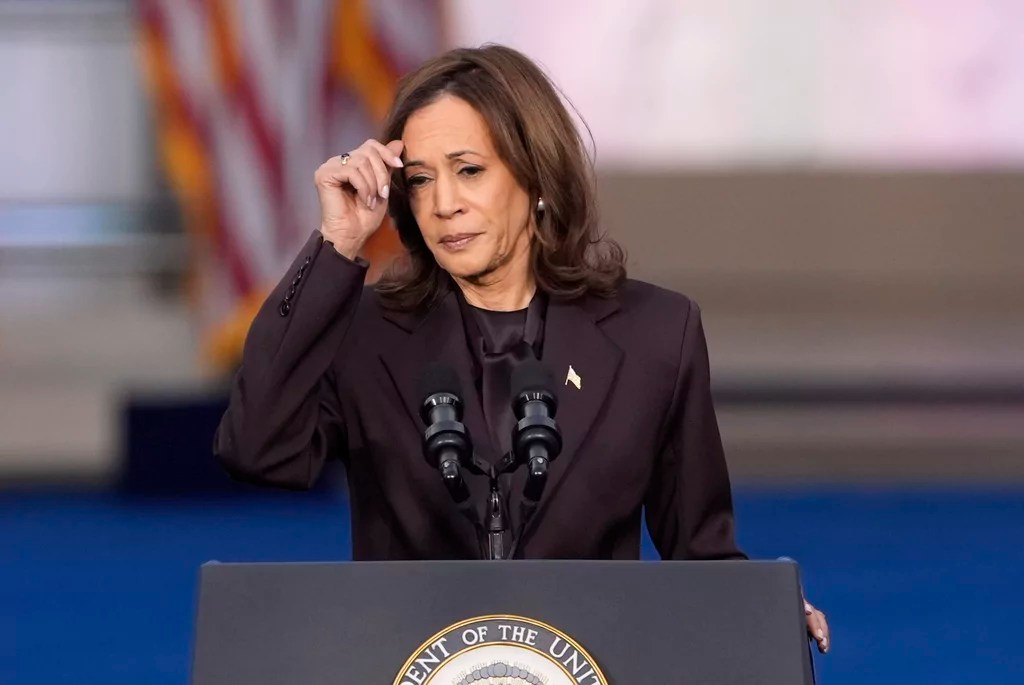Indiana Greenlights Prohibition of ‘Sister City’ Pacts with Hostile Nations
Indiana Takes Decisive Action Against Foreign Influence
The Hoosier State has taken a firm stance in the realm of international relations, with Indiana passing a groundbreaking law that halts its cities from forming ‘sister city’ compacts with locations in nations considered unfriendly, such as China, Russia, and Iran.
Normally, these ‘sister city’ accords are forged to strengthen cultural and commercial bonds between global communities. Yet, a wave of apprehension has spurred U.S. officials to question their safety, prompting cities like Carmel, Indiana, to sever ties with associations that are believed to be under the sway of foreign adversaries.
“Sister city agreements are managed by the Chinese Communist Party’s United Front, which Xi Jinping calls a ‘magic weapon’ for China’s strategic goals. Indiana must remain vigilant against their tactics.” – Rep. Jim Banks (R-IN)
Bill Enactment and Potential Implications
Marking a critical move, Governor Eric Holcomb ratified a comprehensive 112-page bill with a ‘sister city’ ban clause affecting various levels of local governance. These stipulations align with federal definitions of foreign adversaries, casting a spotlight on six named countries, including North Korea and Venezuela.
- The law, effective July 1st, is still shrouded in questions regarding its reach over existing agreements.
- Exclusions exist: state-level alliances, like Indiana’s with China’s Zhejiang province, remain untouched.
Enthusiastic about the law’s passage, Rep. Jim Banks, lauded Indiana’s proactive steps to ward off control from the Chinese Central United Front Work Department — a body that allegedly directs ‘sister city’ initiatives through proxy organizations.
Bipartisan Support Despite Controversy
The move garners bipartisan endorsement, with figures like state Rep. Mitch Gore, a Democrat, advocating for increased scrutiny over such agreements with antagonistic states. This united front underscores a shared commitment to safeguard local interests from being compromised.
Yet, the legislation is not without its detractors. Jenna Bentley, representing Accelerate Indiana Municipalities, expressed concerns over statewide preemption, emphasizing the community-specific nature of many ‘sister city’ affiliations.
In all, Indiana sets a precedence, navigating the complex interplay between local autonomy and national security, a balancing act with reverberations far beyond its borders. Will other states follow? The answer unfolds in America’s ongoing dance with diplomacy and defense.
" Conservative News Daily does not always share or support the views and opinions expressed here; they are just those of the writer."





Now loading...